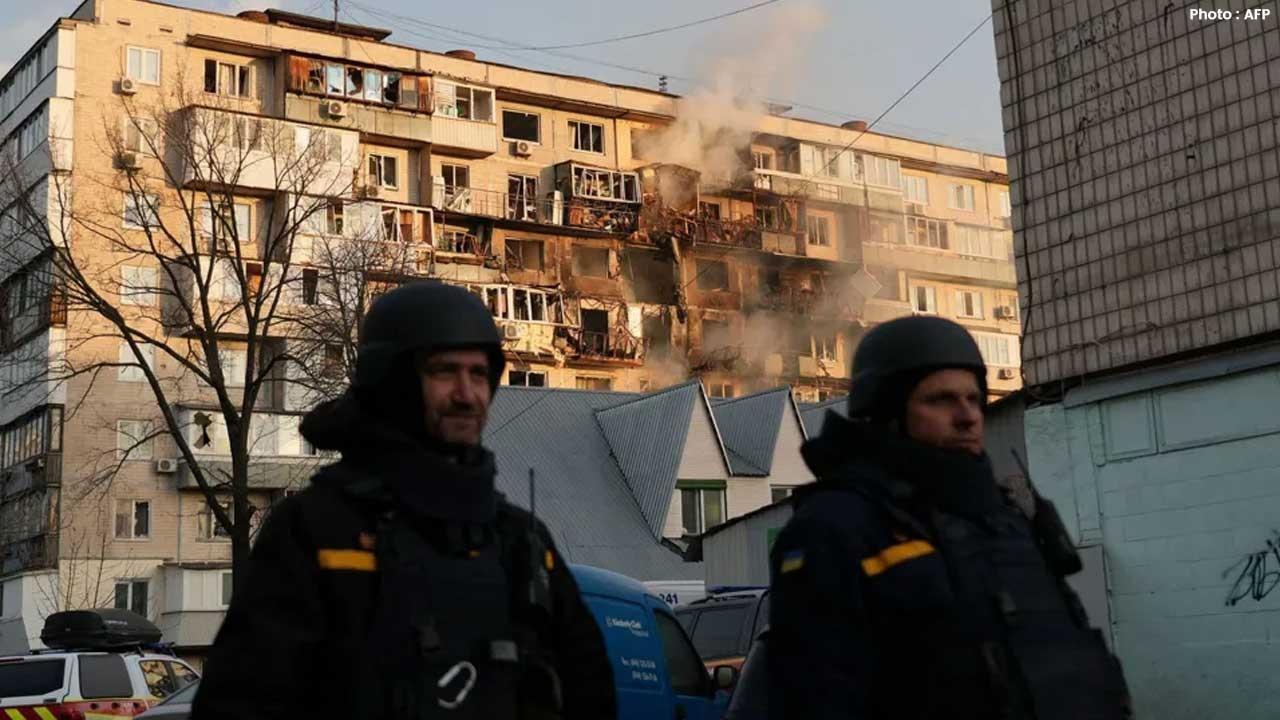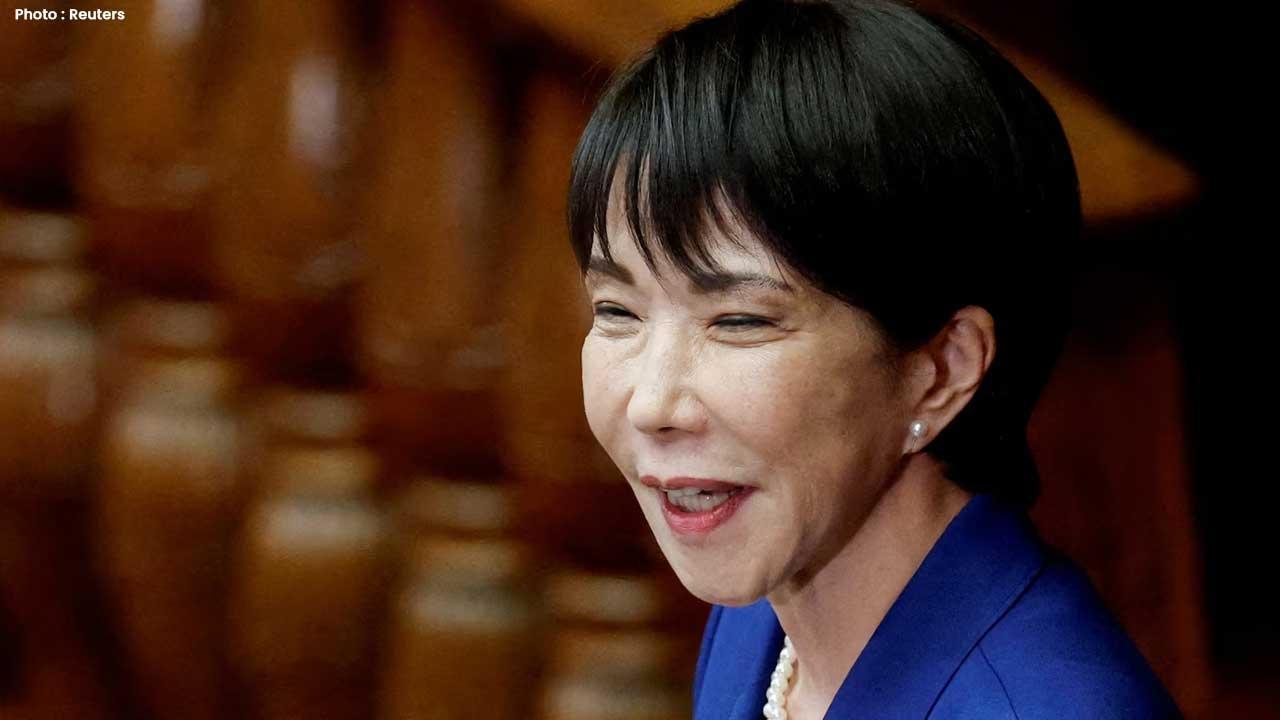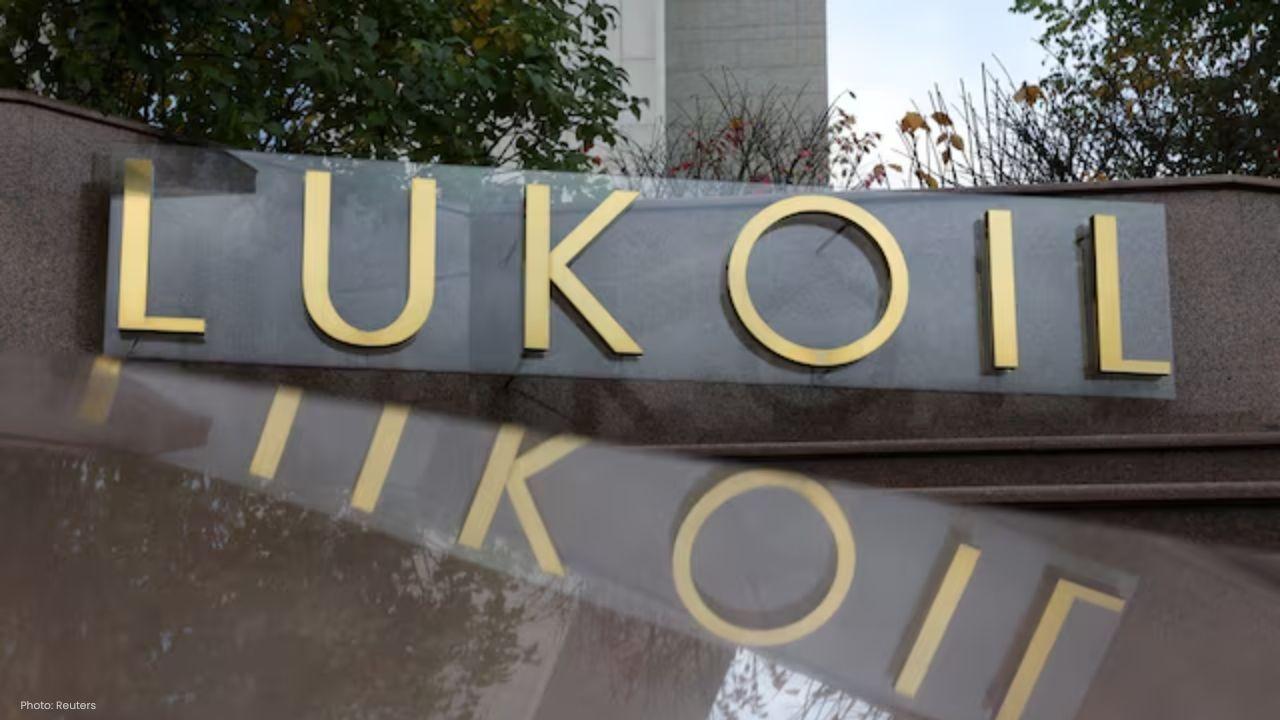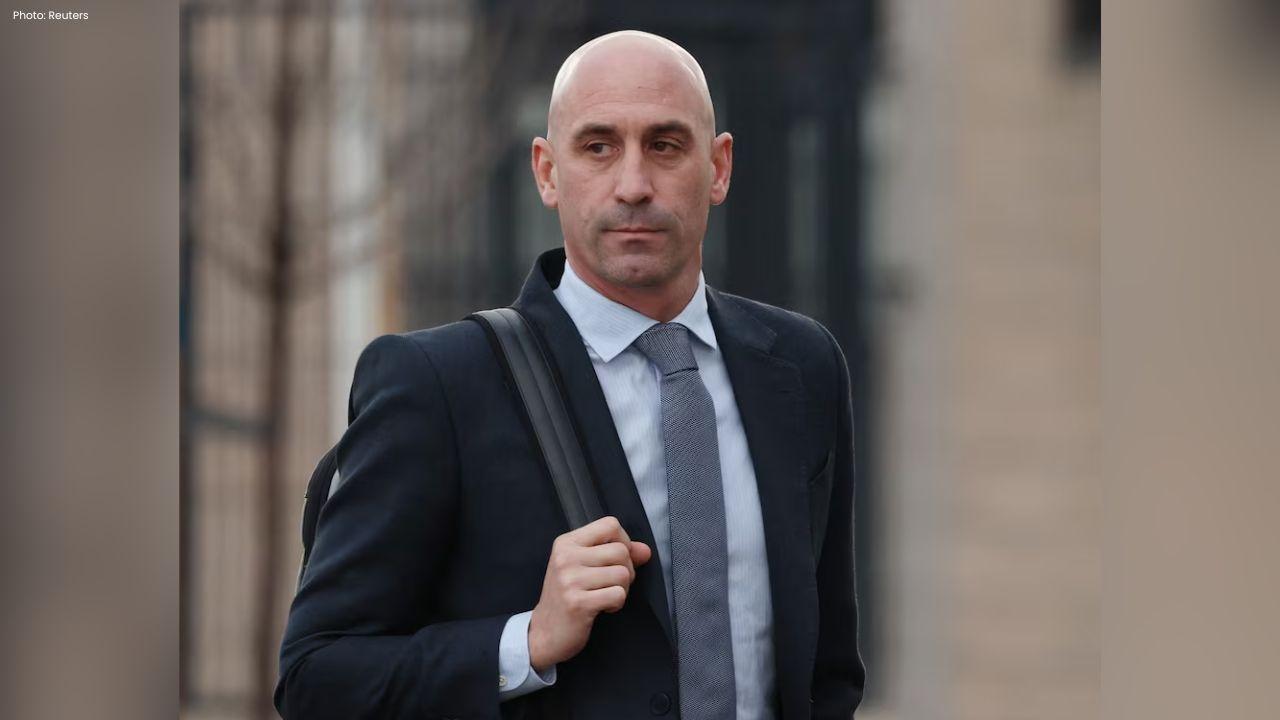
Post by : Vansh
In recent years, cities across the world have been changing fast. New buildings, better roads, and advanced transport systems are all signs of progress. But one of the biggest changes happening now is not always visible to the eye. It’s the rise of smart cities — places where technology and data work together to make urban life better, safer, and more sustainable.
The smart city boom: how connected tech is transforming urban life is not just a futuristic idea. It’s happening right now, and millions of people are already benefiting from it. With the help of connected technology, cities are solving everyday problems like traffic jams, pollution, and energy waste. They are also improving safety, making services faster, and helping the environment.
In this article, we’ll explore how the smart city boom is changing urban life and what it means for the future.
A smart city uses advanced technology and real-time data to improve how a city functions. It connects different services like transport, energy, waste management, and public safety using digital tools such as the Internet of Things (IoT), artificial intelligence (AI), and big data.
This means traffic lights, security cameras, energy systems, and even public transport can communicate with each other to provide better services. The goal is to make life more convenient for residents, reduce waste, improve safety, and create a cleaner, greener city.
One of the biggest problems in cities is traffic. Long commutes, traffic jams, and pollution make daily life stressful. Smart cities are using technology to change that.
Intelligent traffic lights can now adjust their timing based on real-time traffic flow. This reduces congestion and saves time. GPS tracking and mobile apps help people plan their routes and find the quickest way to travel.
Public transport is also becoming smarter. Real-time updates tell commuters when buses or trains will arrive, and digital payment options make travel more convenient. In some cities, electric buses and shared bikes are reducing pollution and giving people more travel options.
Energy is essential for cities to function, but managing it efficiently is a challenge. Smart cities use technology to make energy use more efficient and environmentally friendly.
Smart grids allow energy systems to adjust based on demand. This reduces energy waste and lowers costs. Many smart cities also invest in renewable energy sources like solar and wind power.
In some places, buildings have smart systems that control lighting, heating, and cooling. These systems reduce energy use while keeping people comfortable. Streetlights that automatically adjust based on how busy the area is also help save energy.
Keeping cities clean is a big challenge, but connected technology is making it easier. Smart waste bins with sensors alert authorities when they are full, reducing unnecessary collection trips and keeping streets cleaner.
Data from these systems also helps improve recycling efforts and reduce waste. In some cities, apps allow residents to report litter or request waste collection services, making the whole process faster and more efficient.
Safety is one of the top priorities in any city. The smart city boom is making urban life safer through technology.
CCTV cameras, emergency response systems, and AI-powered tools help authorities detect problems quickly and respond faster. For example, some cities use AI to monitor public spaces for unusual activity, which can help prevent crimes.
In case of natural disasters like floods or earthquakes, smart sensors and warning systems alert people in advance, giving them time to stay safe.
Smart cities are not only about technology but also about how buildings and infrastructure are designed. Smart buildings use energy efficiently, provide better comfort, and reduce maintenance costs.
Sensors monitor the condition of roads, bridges, and other infrastructure. If a problem is detected, repairs can happen before it becomes dangerous. Digital parking systems also help drivers find parking spaces quickly, reducing traffic and frustration.
Connected technology also makes public services faster and more reliable. Many city governments now use mobile apps or online platforms where residents can report problems, access information, and receive updates.
AI chatbots can answer questions quickly, reducing long wait times at help centers. Healthcare services are also becoming smarter, with data helping track disease outbreaks and plan better health responses.
While the smart city boom brings many benefits, there are also challenges. Privacy is a major concern, as smart cities collect a lot of data. City leaders must ensure that personal information is protected.
Another challenge is making sure that all people, regardless of income, benefit from smart city improvements. Without careful planning, smart cities could increase the gap between wealthy and poor areas.
Lastly, building smart cities requires investment and time. Not all cities can adopt new technology quickly, but even small steps can make a big difference over time.
The information provided in this article is for general knowledge and awareness purposes only. MiddleEastBulletin does not take responsibility for any personal actions, investments, or decisions made based on the content. Readers are advised to consult experts or authorities for specific advice related to smart city development or technology use.










Roberto Martinez Critiques Harshness of Ronaldo's Red Card in Ireland Match
Portugal's coach, Roberto Martinez, defends Ronaldo after his first red card impacts a 2-0 loss to I

Luis Rubiales Egged at His Book Launch in Madrid
Luis Rubiales faced an egg-throwing incident by his uncle during his book launch, further complicati

Kai Trump Struggles in LPGA Debut, Reflects on Experience
Kai Trump finished her LPGA debut with a score of 83, learning valuable lessons amid significant att

Kansas State Edges Past Cal 99-96 in Thrilling Encounter
Kansas State narrowly defeats Cal 99-96, with Haggerty's standout performance crucial to the Wildcat

Suns Dominate Pacers with Stellar Performance from Booker
The Suns secure a decisive victory over the Pacers, with Devin Booker showcasing his talent and exte

Injury-Stricken Clippers Battle Mavericks in NBA Cup Clash
Both the Clippers and Mavericks face injury struggles as they meet in an NBA Cup showdown, eager to